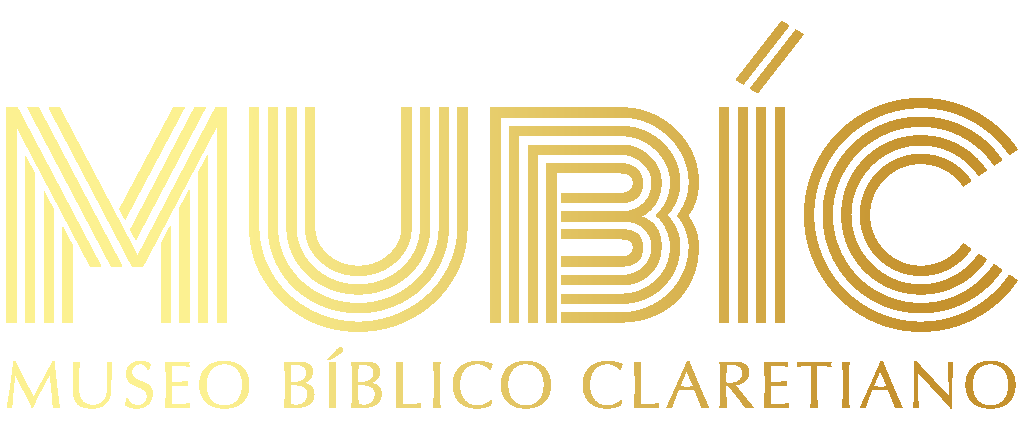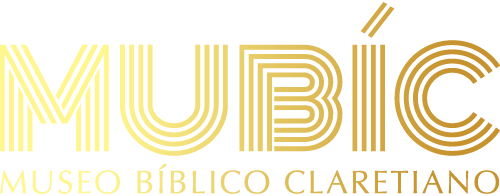



Foro
About Me
In an more and more digital world, the significance of secure online transactions can't be overstated. Whether you're an internet retailer, service provider, or a consumer, guaranteeing that your payment transactions are protected from potential threats is paramount. Payment gateways act as the bridge between clients and monetary institutions, processing payments securely and efficiently. Nonetheless, not all payment gateways are created equal. To safeguard your enterprise and clients, it's crucial to decide on a payment gateway with strong security features. Here are the key security features you need to look for in a payment gateway.
1. PCI DSS Compliance
The Payment Card Industry Data Security Standard (PCI DSS) is a set of security standards designed to ensure that all firms that accept, process, store, or transmit credit card information maintain a secure environment. Compliance with PCI DSS is non-negotiable for any payment gateway. It ensures that the gateway adheres to the highest levels of security, protecting sensitive cardholder data from breaches. A PCI DSS compliant gateway frequently undergoes rigorous testing and audits to make sure it meets these stringent security requirements.
2. Encryption
Encryption is the cornerstone of secure online transactions. A secure payment gateway ought to use sturdy encryption protocols, equivalent to Transport Layer Security (TLS), to protect sensitive data as it is transmitted between the customer, the gateway, and the bank. Encryption ensures that even if data is intercepted throughout transmission, it cannot be read or used by unauthorized parties. Look for gateways that provide end-to-end encryption, protecting data throughout the complete transaction process.
3. Tokenization
Tokenization is another critical security characteristic that replaces sensitive payment data, equivalent to credit card numbers, with a novel identifier known as a token. This token has no exploitable value outside the payment system and can't be reversed into its authentic form. Tokenization minimizes the risk of sensitive data exposure throughout transactions, because the precise payment information is rarely stored or transmitted. This adds an additional layer of security, particularly for companies that store buyer payment information for future transactions.
4. 3D Secure Authentication
3D Secure is an additional layer of authentication that requires prospects to verify their identity earlier than finishing a transaction. Commonly implemented by Visa (Verified by Visa) and Mastercard (Mastercard SecureCode), 3D Secure helps prevent unauthorized card use by requiring the cardholder to enter a password or a one-time code despatched to their mobile device. This two-factor authentication process significantly reduces the risk of fraud, providing each merchants and prospects with larger peace of mind.
5. Fraud Detection and Prevention Tools
A robust payment gateway should come geared up with advanced fraud detection and prevention tools. These tools use algorithms and machine learning to research transaction data in real-time, identifying probably fraudulent activity based mostly on patterns, behaviors, and anomalies. Features equivalent to AVS (Address Verification Service), CVV verification, and velocity checks (which monitor the frequency of transactions) are essential in stopping fraudulent transactions. Some gateways also provide customizable fraud filters that permit merchants to set specific guidelines and triggers based on their risk tolerance.
6. Secure APIs
For businesses that integrate payment gateways into their websites or apps, secure Application Programming Interfaces (APIs) are crucial. These APIs needs to be designed to prevent unauthorized access and ensure secure communication between the business’s systems and the payment gateway. Look for APIs that help secure authentication methods, resembling OAuth or API keys, and supply detailed logging and monitoring to track access and usage.
7. Compliance with Data Protection Rules
With the advent of stringent data protection laws like the General Data Protection Regulation (GDPR) in Europe, ensuring that your payment gateway complies with related data protection laws is essential. A compliant gateway will have measures in place to protect personal data, offer transparency in data processing activities, and provide mechanisms for data subjects to train their rights. This not only protects your prospects but also helps keep away from hefty fines related with non-compliance.
8. Regular Security Audits and Updates
The digital landscape is constantly evolving, with new threats emerging regularly. A reliable payment gateway ought to undergo common security audits and updates to address potential vulnerabilities. This proactive approach helps to mitigate risks and make sure that the gateway remains secure towards the latest threats. Check if the payment gateway provider has a dedicated security team and a transparent coverage for handling security incidents.
Conclusion
Selecting a secure payment gateway is a critical decision for any enterprise involved in online transactions. By prioritizing security options resembling PCI DSS compliance, encryption, tokenization, 3D Secure authentication, fraud detection tools, secure APIs, data protection compliance, and common security updates, businesses can protect themselves and their prospects from the ever-present menace of on-line fraud. Investing in a payment gateway with robust security measures not only safeguards your monetary transactions but also builds trust with your prospects, fostering long-term loyalty and success.
If you treasured this article and you simply would like to obtain more info relating to indian payment gateway generously visit our own webpage.
Location
Occupation
Latest Post: Nuevo Testamento Our newest member: savannahpermewa Recent Posts Unread Posts Tags
Forum Icons: Forum contains no unread posts Forum contains unread posts
Topic Icons: Not Replied Replied Active Hot Sticky Unapproved Solved Private Closed


